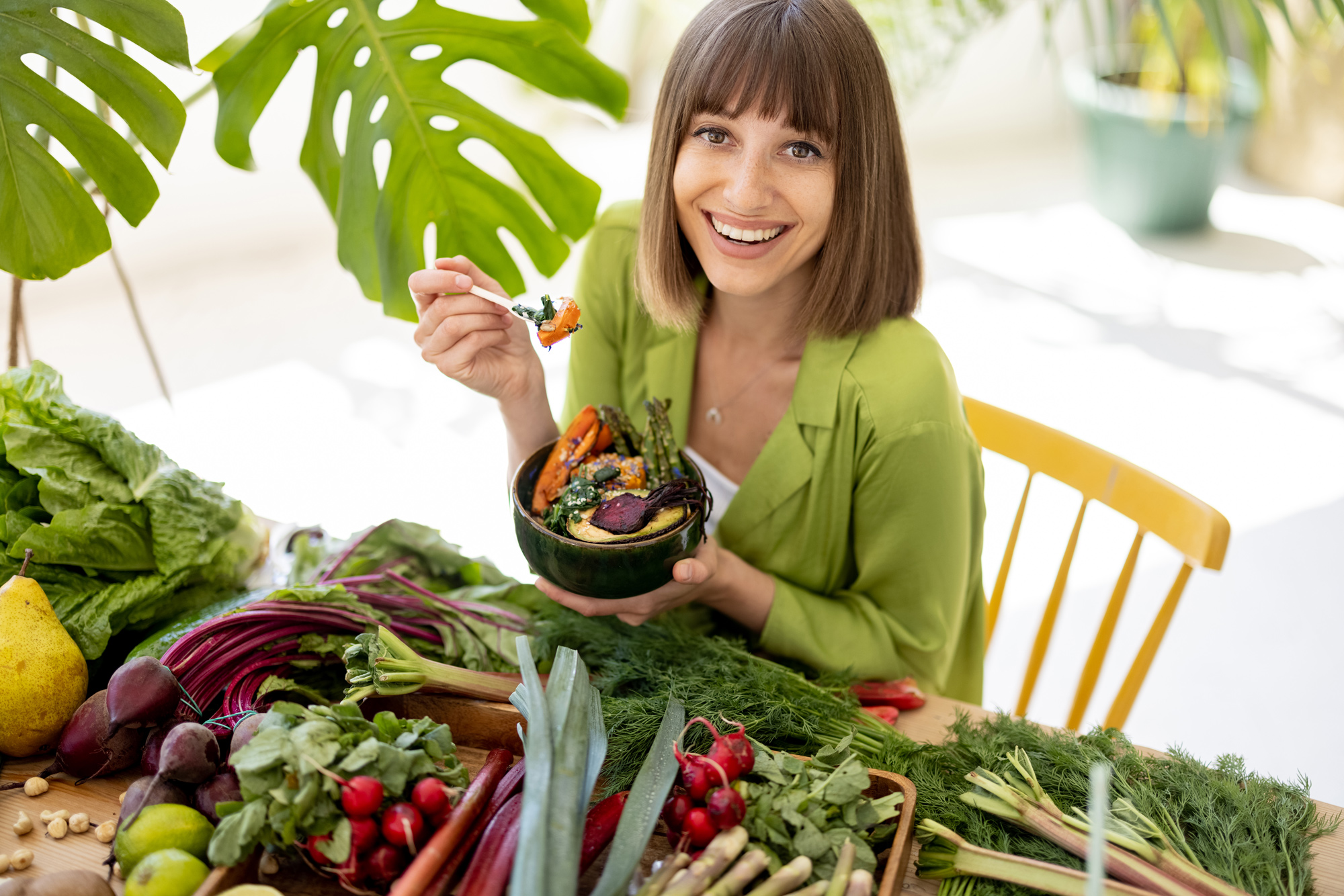If you’re a vegetarian or considering becoming one, you might think that your protein options are limited. But there are actually a lot of high-protein foods that don’t contain meat. Here are some of the best options to keep in mind next time you need a protein boost.
High-protein Vegetarianism for Those Who Don’t Eat Meat
Vegetarianism has been an incredibly popular choice for many people over the years, but for those who want to get more protein in their diets, there is high-protein vegetarianism. This type of diet blends traditional vegan eating habits with food that provides various sources of high-quality proteins to maintain good muscle mass. No meat is consumed on this diet and it completely avoids animal byproducts like dairy, eggs and honey. High-protein vegetarianism can be a great way to reduce your environmental impact without sacrificing taste or nutrition! With careful meal planning and some creativity in the kitchen, you can get all the protein you need while still adhering to a vegan lifestyle.
Many vegetarians and vegans miss the protein they used to get while eating meat. It can be difficult to make sure you are getting enough of the necessary macronutrients from other sources. High-protein vegetarianism is an interesting way for plant-based eaters to still get the protein their bodies need. This style of nutrition involves consuming more legumes, nuts, and seeds to increase overall protein intake. It also focuses on strategically combining proteins from different veggies and grains to ensure adequate amino acid intake – the building blocks of life! High-protein vegetarianism has grown drastically in popularity among health-conscious and eco-friendly eaters who don’t want to eat animal products but still want to meet their dietary needs.
Some Common Misconceptions About Vegetarian Diets
Vegetarian diets are often thought of as “boring”, incomplete, or reliant on processed food like veggie burgers and fake meats. In reality, though, vegetarian diets are just as diverse and exciting as any other kind of diet. You can still enjoy curries from India, tacos from Mexico, kebabs from Greece – they just don’t have to include meat. With a bit of creativity and research you can find countless recipes that are delicious and exciting to introduce into a vegetarian lifestyle. Plus, adding in dairy products like cheese and yogurt ensure that you get all the important nutrients your body needs. Vegetarian food is definitely not boring; it’s a vibrant way to eat healthy and be conscious about where your food comes from.
A Few Reasons Why Someone Might Choose to Go Vegetarian
Going vegetarian can be an amazing choice for a variety of reasons. From helping to protect the environment, to promoting animal welfare, to even just potentially improving your own health, there’s no shortage of reasons why someone might want to adopt a vegetarian diet. Perhaps you’re concerned about the ethical impact of modern farming methods or maybe you’re simply looking for a way to control your weight and reduce cholesterol levels – whichever reason it may be, vegetarianism is an incredible choice that can have positive impacts on our planet as well as ourselves!
High-protein Vegetarian Foods
Eating a vegetarian diet doesn’t mean missing out on the protein we all need for good health. A variety of high-protein vegetarian foods are available to nourish your body and provide the essential amino acids. Foods such as eggs, dairy products, beans, nuts, seeds, whole grains, and even some tropical fruits are all good sources of vegetarian proteins. Quinoa is a great staple food that contains all nine essential amino acids. Tempeh and tofu also offer a lot of protein – just a 4-ounce serving contains 20 grams of protein! Eating more plant-based proteins can be enjoyable if you learn to explore the different flavors and recipes. With so many options available, adding high-protein vegetarian foods to your diet is easier than ever before!
Experiment With Different Foods and Find What Works Best for You
Making nutritional choices can be confusing, but it doesn’t have to be. Eating right isn’t a one-size-fits-all situation; it takes trial and error to discover what foods work best for you. Building meals around whole grains, fruits, vegetables, healthy proteins and oils are the steps to creating a nutritious plate, but everyone’s tastes and dietary needs are unique. So don’t be afraid to experiment with different flavors and types of foods. Try out vegetarian dinners, or incorporate some plant proteins into your diet. Swap white flour for nutty quinoa or rice flour. Embrace spices like turmeric that offer health benefits as well as great flavor. Going on this journey is an adventure; allow yourself to explore the world of food and nutrition ingredient by ingredient, discovering what makes you thrive!
If you are considering a vegetarian or vegan lifestyle, or if you already lead one and are seeking new recipes, high-protein vegetarianism is an ideal option. Incorporating healthy sources of protein—such as beans, nuts, nut butters and tofu—into your diet can provide the building blocks for muscle growth and help keep hunger at bay. There is no “one size fits all” approach to a vegetarian lifestyle; it’s important to experiment with different foods and find the methods that work best for your body. With its emphasis on natural, whole food options and variety, high-protein vegetarianism provides a great gateway into a more sustainable lifestyle without compromising on essential nutrients. Now go have fun in your kitchen!

COMMENTS